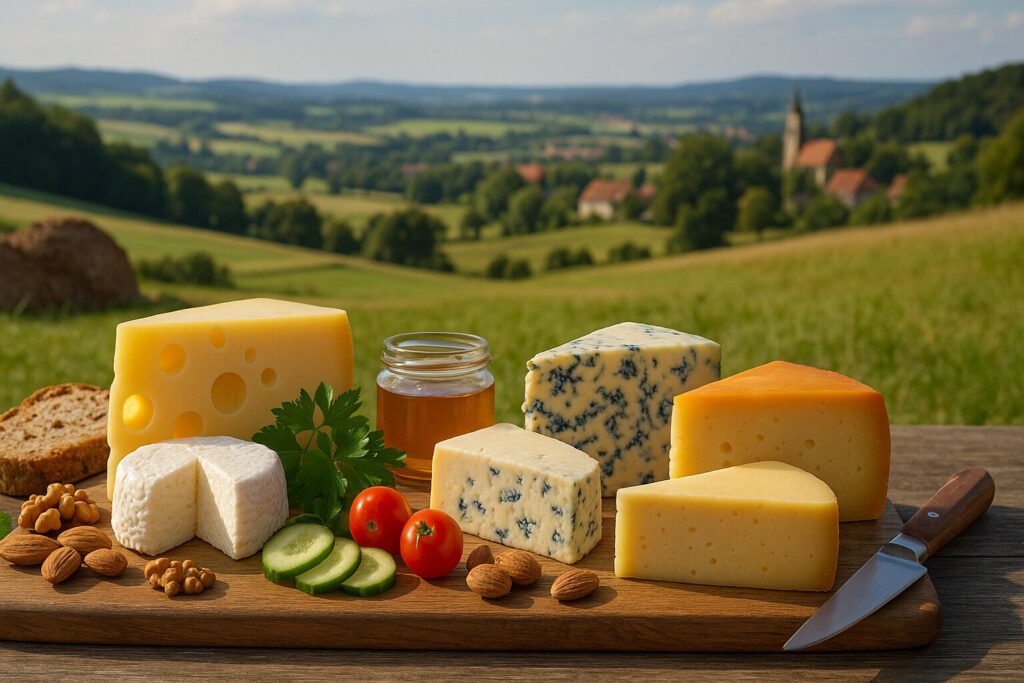Cheese Of Central Europe
Geographical Definition
Central Europe represents a region in the heart of the European continent, characterized by its transitional position between Western and Eastern Europe. It lacks universally fixed boundaries but is generally considered to include countries like Germany, Poland, and the Czech Republic.
The area is marked by diverse landscapes, from the Alps in the south to the North European Plain, influencing its climate and human settlement patterns throughout history.
Historical Context
Historically, Central Europe has been a crossroads of cultures, empires, and conflicts, including the Holy Roman Empire, the Habsburg Monarchy, and both World Wars. This complex past has shaped its unique identity and political evolution.
The region experienced significant changes in the 20th century, particularly with the fall of the Iron Curtain, which led to the re-emergence of independent nations and integration into European structures like the European Union.
Cultural Characteristics
Culturally, Central Europe is renowned for its rich heritage in music, literature, and art, with figures like Mozart, Kafka, and Chopin originating from this area. It hosts a blend of Germanic, Slavic, and other ethnic influences.
Traditional customs, languages, and religious practices vary widely across the region, contributing to a mosaic of cultural diversity that distinguishes it from neighboring parts of Europe.
Economic Landscape
Economically, Central Europe features a mix of advanced industrial economies and transitioning markets, with strong sectors in manufacturing, automotive, and technology. Countries like Germany are economic powerhouses within the European Union.
Recent decades have seen rapid growth and modernization, attracting foreign investment and fostering innovation, though disparities in wealth and development persist among different nations in the region.
Political Structure
Politically, Central European states are mostly democratic republics or parliamentary democracies, with active participation in international organizations such as NATO and the EU. They often share common interests in security and economic cooperation.
The region has faced challenges related to governance, migration, and integration, but it continues to play a crucial role in shaping European policies and fostering regional stability.




